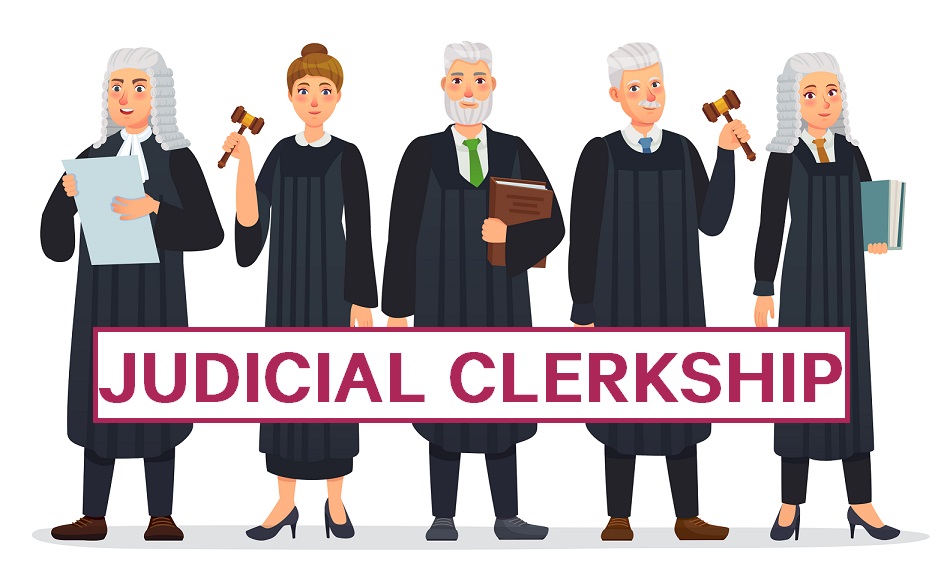Summary: A former Dewey & LeBoeuf employee will have a trial separate from former top-level executives at the firm, meaning two back-to-back criminal trials will be conducted.
Zachary Warren, who held the low-level position of client relations manager at the obsolete New York law firm Dewey & LeBoeuf, will have his own separate trial for criminal charges that stem from the downfall of the firm, according to the New York Times.
On Friday, Justice Robert M. Stoltz of the New York State Supreme Court ruled that Warren would be tried separately from three other employees at Dewey who were top executives at the firm. Those three employees are accused of creating a scheme that used accounting tricks to cover up the shaky status of Dewey’s financial state just before the financial crisis hit the country. Therefore, two consecutive criminal trials will be held over the events that led to the firm filing for bankruptcy in December of 2012. Ultimately, investors lost up to $200 million.
Read about a recent ruling in this case by the bankruptcy court here.
Cyrus R. Vance Jr., the district attorney for Manhattan, shocked the country when he announced a 106-count indictment against the former top executives at Dewey, including Joel Sanders, former chief financial officer; Stephen DiCarmine, onetime executive director; and Steven H. Davis, former chairman. In addition, Vance revealed that his office obtained guilty pleas from seven former employees, most of whom worked in the finance and accounting department at Dewey.
Read about the clawback lawsuit here.
Justice Stoltz’s ruling was good news for Warren. The 30-year-old attorney faces fewer charges than the former co-defendants. Warren argued that if he were to be tried in the same trial as the other executives, it could unfairly prejudice him in front of a jury.
In his opinion, Justice Stoltz wrote that there would be “substantial danger of a spillover from the evidence” against the executives, and that a jury would have difficulty distinguishing liability of the defendants. In addition, Stoltz stated that Warren is not facing a larceny charge, unlike the former executives.
Paul Schectman, Warren’s attorney, stated that the ruling was “very good for the defense.” In addition, the judge also dismissed two counts of falsifying business records against Warren, but allowed a charge of scheme to defraud and conspiracy to stand. According to the judge, Warren was more than a “mere bystander” to the events that occurred at the firm.
Read this article from March which discusses the charges against the executives.
The judge also threw out three falsifying business charges against the former executives, but most of the charges in the indictment remain. Specifically, the judge stated he was not convinced that the grand larceny charges against the former executives should be dismissed. The grand larceny charges are among the most serious of the charges brought against the former employees.
Photo credit: americanlawyer.com















































